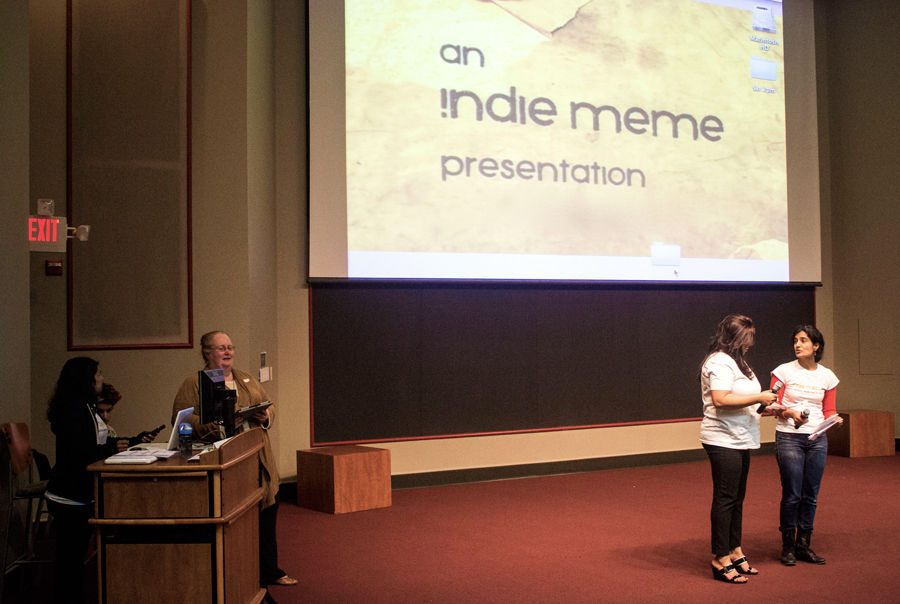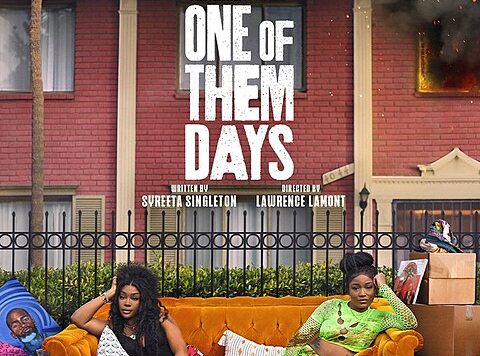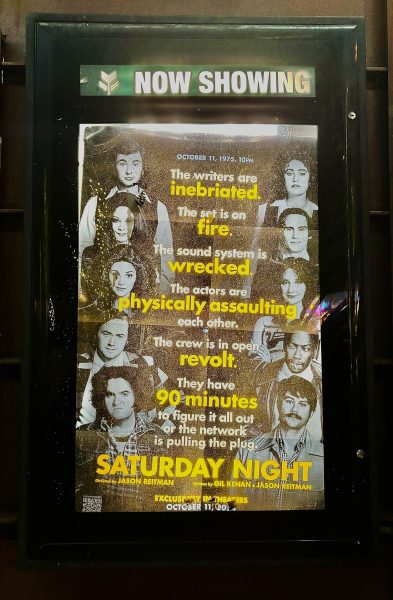Festival shows variety of Indian documentary, narrative films
The Indie Meme festival recently came to St. Edward’s University to showcase a variety of independent films that hail from India.
Sponsored by University Studies, the showcase took place from Feb. 7 and Feb. 8 with viewings hosted in the Jones Auditorium.
A variety of films where showcased last weekend, both documentary and fictional in nature. Depending on which screening one went to, one was even able to participate in live Q&A sessions — via skype — that where held with the directors of certain films.
I was able to attend the third showcase, which screened the documentary “Timbaktu,” the short “Aashpordha” and the fictional feature film “I Am.”
“Timbaktu” was an enlightening 30-minute film that raises poignant questions about food security and sovereignty. It details the lives of a small farming community of Andhra Pradesh, located in South India, and what happens when they switch from practicing chemical agriculture to organic farming.
In stark contrast to the heavy, reflective questions of food raised in “Timbaktu,” the short that followed it, “Aashpordha,” offered a lighter tone to audiences. This dark comedy recounts how a confrontation over music between a 13-year-old daughter and her father escalates into a neighborhood scandal that leads to some chuckle-worthy moments.
Afterward, Anirban Roy, the director of “Aashpordha,” mirrored the tone of his short by relying to audiences what motivated him to create this 14-minute short.
“I made this film just to make fun of my family,” Roy said.
“I Am,” which has been released all over India and in 17 theaters worldwide, was directed by filmmaker Onir. It follows the lives of four radically different Indians who each encounter cultural issues and social dilemmas that reside in modern Indian society. Each of these characters is connected by a common thread: the struggle to find their own identity.
According to Onir, each of the four stories where inspired by real Indian people and about the struggles they’ve faced while living in India. For example, one of the titular characters, Omar, must deal with the difficulties of being homosexual in a country that considers the sexual orientation not only taboo, but illegal.
“All the films are about people who are living lives that are boxed up,” Onir said. “So for me, this film is about trying to recognize the identity that is constantly being denied [in India].”
Those interested in checking out more Indian films can either stream the movies mentioned above for a price or can become a member of Indie Meme for access to discounts and information about upcoming events.











